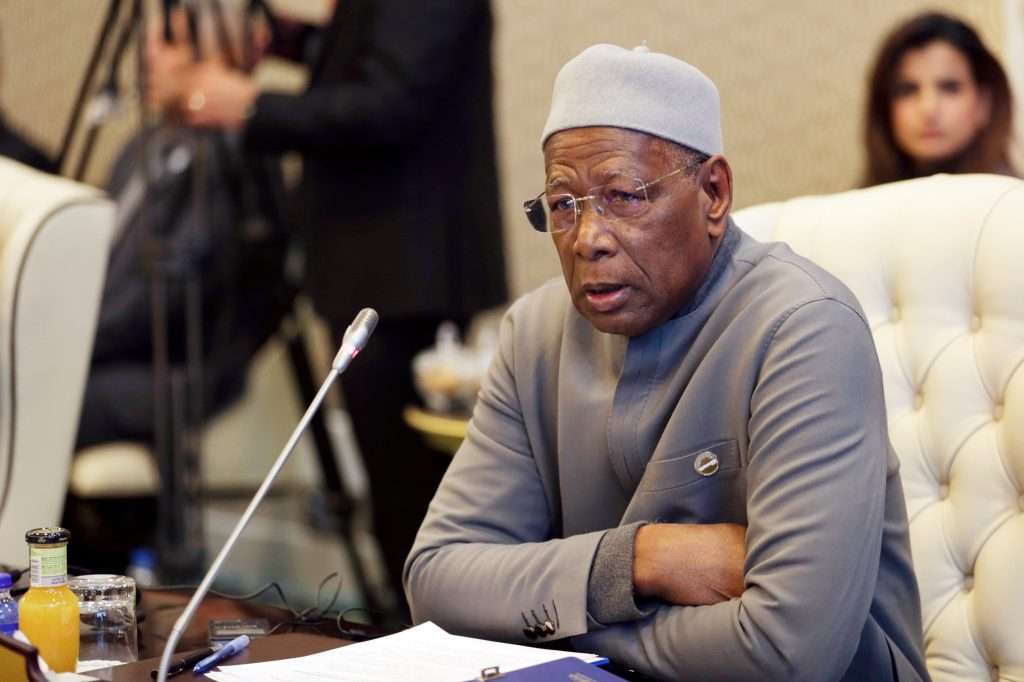Libya: what now after UN special envoy resignation?

The abrupt, April 16th resignation of the UN’s Special Envoy for Libya, Abdoulaye Bathily, is the latest sign of failing reconciliation efforts in the war-torn country, analysts warn. Without agreement from all UN Security Council member states, Bathily’s successor may find themselves unable unstick Libya’s political quagmire.
The Senegalese ex-special envoy repeatedly accused rival Libyan leaders of perpetuating divisions to serve their own interests.
Speaking after his resignation from an 18-month stint as head of the UN Support Mission in Libya (UNSMIL), Bathily said the situation has deteriorated in recent months and decried a “lack of political will and good faith by the major Libyan actors who are comfortable with the current stalemate,” according to AFP on April 17th.
READ: Libya: UN envoy lashes out at feuding groups then resigns
Libya has struggled to recover from years of war and instability that followed the 2011 toppling of dictator Muammar Gaddafi, remaining split between the UN-recognised administration in Tripoli, and a rival administration in the eastern city of Benghazi.
Bathily said that “the selfish resolve of current leaders to maintain the status quo through delaying tactics and manoeuvres at the expense of the Libyan people must stop,” emphasising that the country had become a “battleground” and criticising the influence of external actors, according to Middle East Monitor.
READ: UN envoy to Libya despairs about elections status quo
Associate fellow at the UK-based Royal United Services Institute, Jalel Harchaoui, said Bathily’s resignation was no surprise “for the simple reason that the process he was leading had been completely defunct for several months.”
Emadeddin Badi, an analyst at the Atlantic Council, said that “Bathily’s departure comes at an undeniable inflection point whereby the veneer of stability that prevailed in Libya over the past couple of years is vanishing.”
Harchaoui added that it is “quite likely” that US diplomat Stephanie Khoury, who was named Bathily’s deputy for political affairs on March 2nd, will act as special envoy in an interim capacity, until a successor is named. The move, he said, would allow the US “to lead UNSMIL would having to face a Russian veto at the Security Council.”
A permanent UN envoy appointment must be approved by the Security Council, but not interim roles. However, Badi suggested that without the council’s full backing, Khoury may “be hamstrung in what she can achieve” if made the interim envoy.
AFP / Middle East Monitor
Want to chase the pulse of North Africa?
Subscribe to receive our FREE weekly PDF magazine














